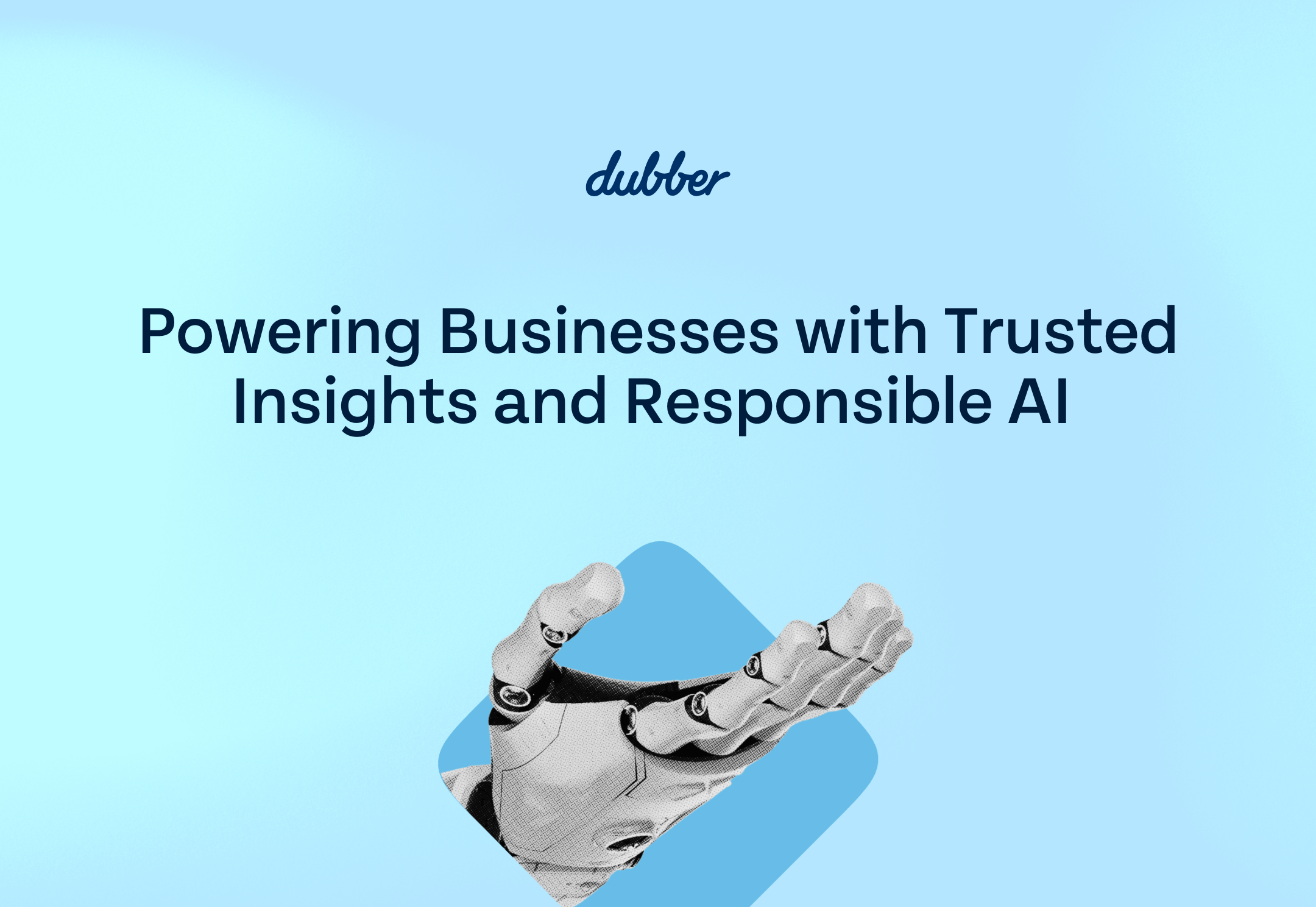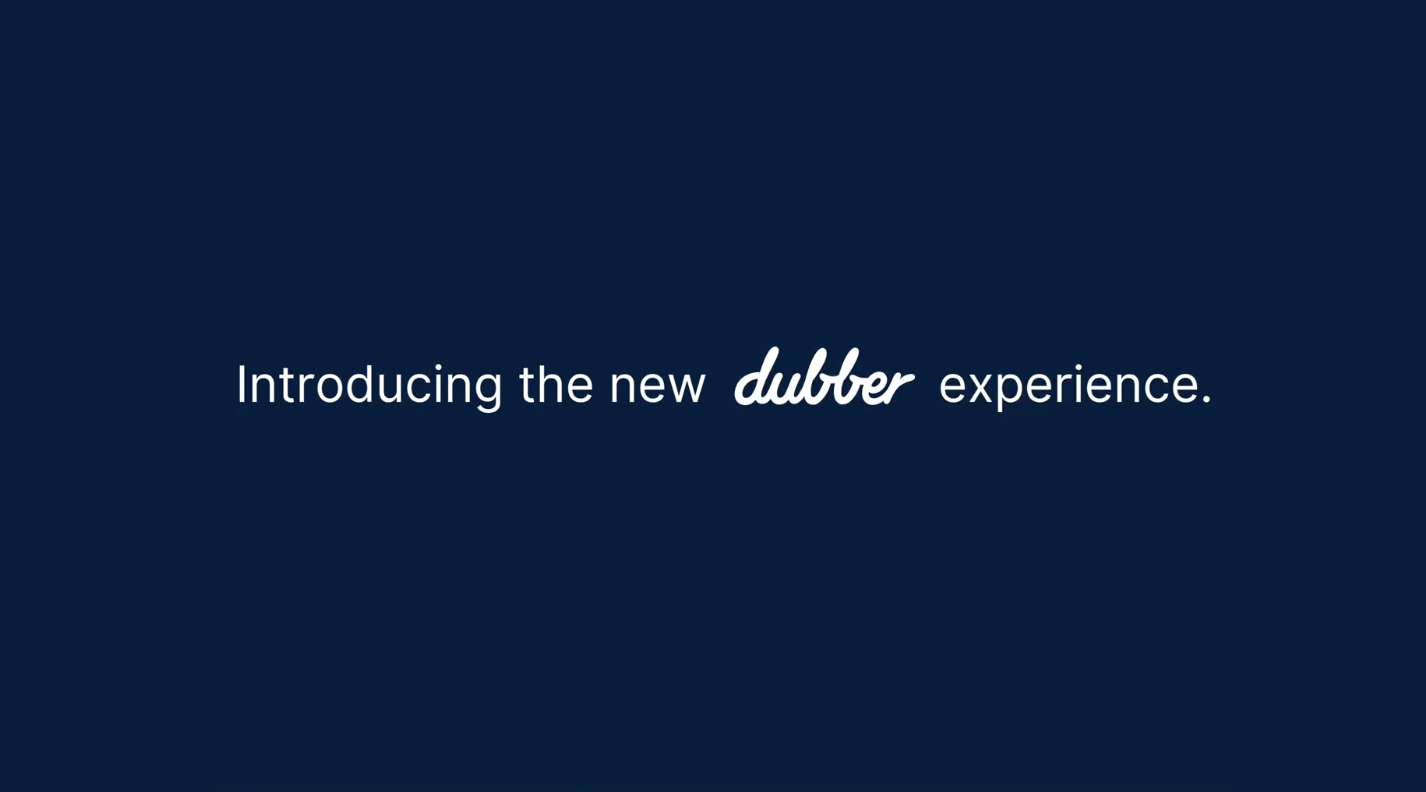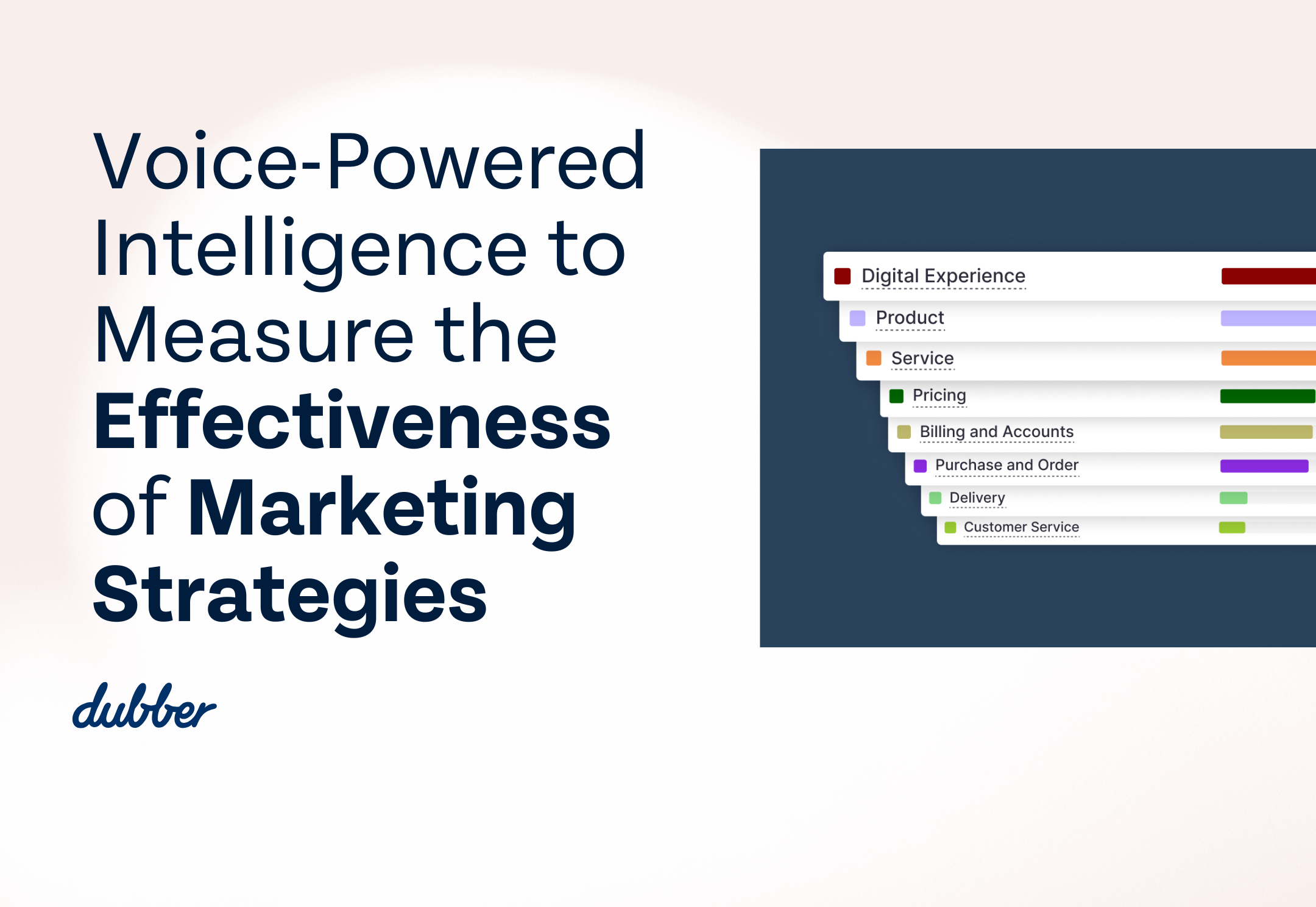

Forbes: Hybrid Will Be The New Work Style, But 72% Of Businesses Lack A Strategy, AT&T’s ‘Future Of Work’ Study Shows
As companies are announcing their return-to-office policies, it appears that the trend heavily leans toward the hybrid model. After two years of people working remotely, the hybrid model—understandably—seems like a practical way to ease into commuting and working in an office setting.
To learn more about what businesses are doing regarding how people will work in the post-pandemic environment, AT&T launched a new future-of-work study. “The State of the Industry: Future of Work” survey, conducted on behalf of AT&T and Dubber Corporation Limited, was composed of 303 United States-based respondents, 87% above director level, across five key industries, with more than one million employees represented and 34% with companies over $1 billion in revenue.
The survey was created to gain insights from senior executives regarding current and future work models, challenges posed under new working models and technology accelerants to aid change in the way that businesses conduct work out to 2024.
Hybrid work isn’t without challenges. For instance, people complained that they were forced to commute three hours roundtrip to work in a cubicle, only to find that the folks they need to collaborate with aren’t even in the office. The person is left feeling frustrated, fuming that they are sending emails and jumping on Zoom calls in the office by themself, when they could have been home, saving the commute time and money for gas.
The results reveal that while hybrid is the preferred choice by many businesses, 72% of businesses lack a clear hybrid work strategy. The findings also show other sentiments and challenges around Covid-driven hybrid working, including lack of innovation, insufficient oversight, and cultural shifts.
This and other reasons have caused executives in the study to say, that although hybrid work will be “the default by 2024,” leadership is “exploring ways to overcome barriers caused by the new model of work, such as building culture remotely and the application of technology—specifically artificial intelligence (AI) and machine learning (ML)—in critical business use-cases.”
Alicia Dietsch, senior vice president of business marketing at AT&T, said about the survey, “There’s been a non-reversible shift in the way business is done thanks to the constraints of Covid-19. It’s clear that a successful talent program now requires a hybrid work policy, but that policy needs to be supported by a strategic tech-first cultural reset, to ensure business growth and competition.” Dietsch pointed out, “Firms need to ask themselves if they have the in-house expertise to achieve this, or whether it’s now time to go beyond a partner in remote infrastructure rollout to a partner in tech-first remote business strategy.”
Highlights Of The AT&T Study
- Hybrid work will be the default by 2024, and half of work will be performed offsite: 81% believe hybrid work will be the foremost working model by 2024, with 56% of work done off-site
- Vast majority of businesses lack a detailed hybrid work strategy: 72% lack a detailed strategy and 76% don’t have the right key performance indicators (KPIs) to support hybrid working models
- Tension between what employees want and what organizations prefer: 86% believe their employees prefer a hybrid work model, but 64% believe their organization prefers an on-premise work model
- 100% of respondents believe a hybrid work model will help attract young talent
It’s interesting to note how quickly things have changed. Last year redefined how companies conducted business with just 24% of respondents’ employees working onsite. Before Covid-19, these nontraditional work models were more likely to be viewed as employee perks.
Lack of workplace innovation, insufficient oversight, and cultural shifts were identified as three barriers to successful hybrid work, but respondents believe they’re not insurmountable. With investment in strategy, building culture remotely, and the application of technology—specifically AI—in critical business use cases, firms can transition to a successful hybrid-first work environment.
The top challenges to effective hybrid work identified by the chief experience officer—a C-suite business executive responsible for a company’s overall experience—include maintaining employee oversight, losing institutional or tribal knowledge, and sustaining company culture—all traditionally highly associated with in-person work.
Mass adoption of new work models has shown to be partially effective, with 79% of firms believing that employees have been productive, although not without resulting challenges, with only 45% confident in employee innovation throughout the period.
Gaurav Pant, cofounder and chief insights officer at Incisiv, said about artificial intelligence and machine learning, “Covid-19 has been the single most transformative event in shaping the future of work. Attitudes toward working models have dramatically transformed over the last 24 months, and the ‘hybrid’ working model will soon become the default. Firms need to upgrade their employee technology stack and undergo a cultural reset to prepare for this new normal.”
Artificial intelligence and machine learning were identified as the top transformative technologies in the survey, with their intrinsic value identified specifically in the areas of employee training, intelligent enterprise search and learning, and conversational help.
The research shows that while employee productivity is maturing, with high analytics adoption, other areas like revenue leakage and employee retention require further investment. A need for deeper analytics and insights, driven by AI, into both the customer and employee can be accomplished by mining and transforming data from remote conversations and interactions to build new models of operation in targeted business functions.
“We’ve taken the first steps into a ‘work-from-anywhere’ world. Removing employees from the workplace was necessary, but creating distance wasn’t,” said Steve McGovern, CEO of Dubber. “Our technology is served directly from AT&T’s networks, as part of an AT&T service enabling organizations to capture every conversation and turn them into data and seamlessly share insights as desired. Knowing and understanding how employees are performing and, indeed, their general welfare can have significant impacts on how businesses manage this hybrid workplace environment. This can be achieved via immediate customer insight including, for example, real-time sentiment analytics. AI makes it possible to mine this vast treasure trove of information,” McGovern added.
“Businesses moved with urgency to distance employees. Now, they need to do the same when it comes to deploying the tools needed to overcome distance. Closing the gap between a business and their customers and employees should be a priority for every executive and it’s available directly from the AT&T service.”
Hybrid Work: The New Way to Work
The “Future of Work” study highlighted that while many firms responded to a shift in working models as needed, this largely resulted in “Band-Aid” solutions to enabling hybrid work, with the majority lacking a detailed strategy to support it. The resulting length of time working remotely is now driving a cultural and technology reset in business to which AI and ML will be critical in delivering advanced functionality to drive innovation and collaboration.
- Hybrid work to advance diversity: 91% believe a hybrid work model will improve workforce diversity
- Cultural shift required: 58% believe they don’t have the culture to sustain a hybrid work model
- Hybrid working is impacting innovation and collaboration: 79% believe hybrid working is effective in driving productivity, but 45% feel it does not support innovation and 54% see it impacting collaboration
- Conversational help: 71% believe that AI and ML in conversational help will have an important business impact
- AI & ML in conversational insights is transforming work: With the tech having a high impact on employee productivity, customer intelligence, attracting new talent, revenue leakage, call center intelligence, and retaining talent
This article originally appeared in Forbes on 16 March 2022.

